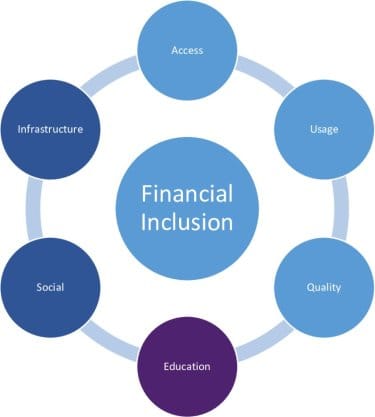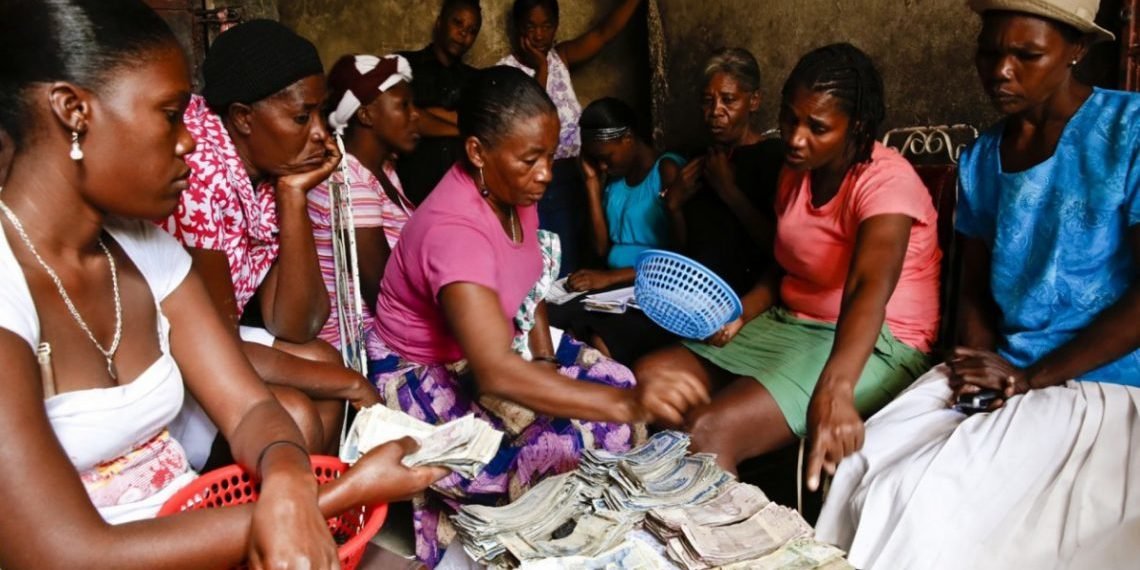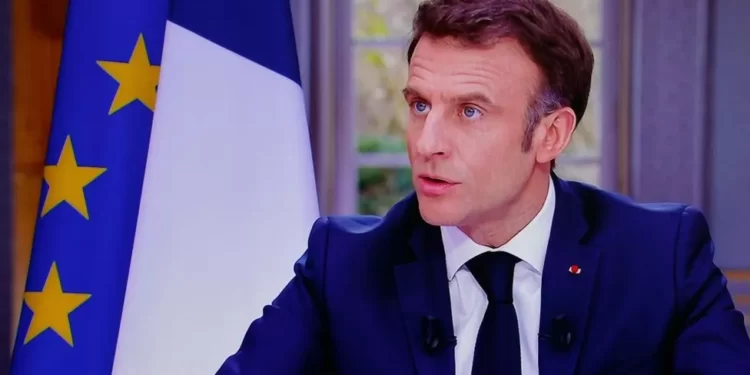The effort to make everyday financial services available to more of the world’s population at a reasonable cost has fuelled most countries to make great strides towards financial inclusion of which Ghana is not left out.
Financial inclusion in simple terms refers to efforts to make financial products and services accessible and affordable to all individuals and businesses, regardless of their personal net worth or company size. Furthermore, it strives to remove the barriers that exclude people from participating in the financial sector and using these services to improve their lives.
Advancements in fintechs, such as digital transactions, are making financial inclusion easier to achieve as many economies are relying on such channels to ensure the unbanked are able to partake in the financial system. In this digital age, the coronavirus pandemic and its associated challenges has also accelerated the switch to digital modes of payments.
However, the World Bank estimates that some 1.7 billion adults worldwide still lack access to even a basic bank account. While the barriers to financial inclusion have been a longtime problem, a number of forces are now helping broaden access to numerous financial services.
The financial industry is continually coming up with new ways to provide products and services to meet the needs of various groups in society. The increasing use of financial technology, for example, has provided innovative tools to address the problem of inaccessibility to financial services and devised new ways for individuals and organizations to obtain the services they need at rational costs.
In Ghana’s case, in line with the National Financial Inclusion and Development Strategy (2018-2023), Government expects an increase in access to finance from the current rate of 58 percent to 85 percent by 2023. The Central Bank, which is the regulatory authority in charge of the banking sector, has embarked on various measures to meet the needs of diverse groups of people so as to promote financial inclusion.

This year for instance, the Bank of Ghana introduced a policy to regulate crowdfunding which is commonly used amongst the informal sector groups as an instrument in the mobilisation of critical funds to meet the pressing needs of members.
The Bank of Ghana has also partnered EMTECH to deploy a Mordern Central Sandbox Platform for the banking sector to accelerate innovation, provide for a robust financial infrastructure, and promote financial inclusion for the unbanked and underbanked.
Additionally, a number of other measures have been propagated by the Ghana Interbank Payments Systems (GhiPSS), a body established with the mandate to drive digitisation and promote financial inclusion. Notably is the mobile money interoperability which links various bank accounts and mobile wallets as well as the GhQR code, a universal quick response code which rides on real time rails allowing merchants to receive their monies instantly.
While these innovative services have brought more participants into the financial marketplace, there are a significant portion of the populace which remain unbanked or underbanked. Additionally, such digital platforms require some form of expertise to operate them and they give rise to cyber risks which remain a challenge to the economy. This raises questions such as: do people really understand how these channels operate? Is the issue of financial inclusion being tackled? Are the unbanked and underbanked being reached?

Also, most banks have in place stringent Know Your Customer (KYC) requirements to control heightened cyber risks and money laundering. For instance, the demand for specific identity cards (IDs) from customers seems to be a challenge as some do not possess such IDs, becoming a barrier to the access to financial services.
It therefore behoves on the authorities to promote massive education and awareness creation to enable persons better appreciate these digital channels being deployed as a means to ensure there is inclusive finance. Thus, Mr. Archie Hesse, Chief Executive of GhiPSS has assured that his outfit will continue to educate the general public.
The Bank of Ghana on their part has also issued a directives and guidelines such as the Cyber Security Directive to banks to effectively manage cyber risk and fraud. Also, banks are expected to think of other alternatives in lieu of specific ID cards such as a guarantor to avoid hindering access to finance by all.























